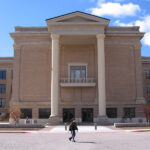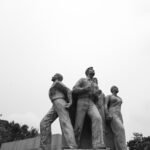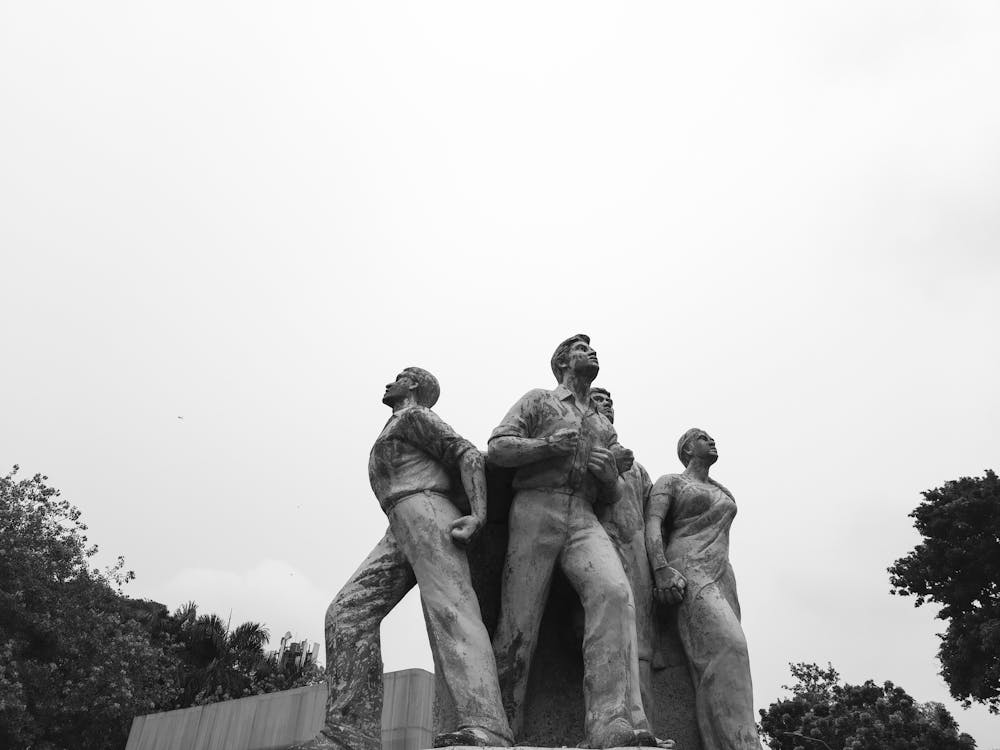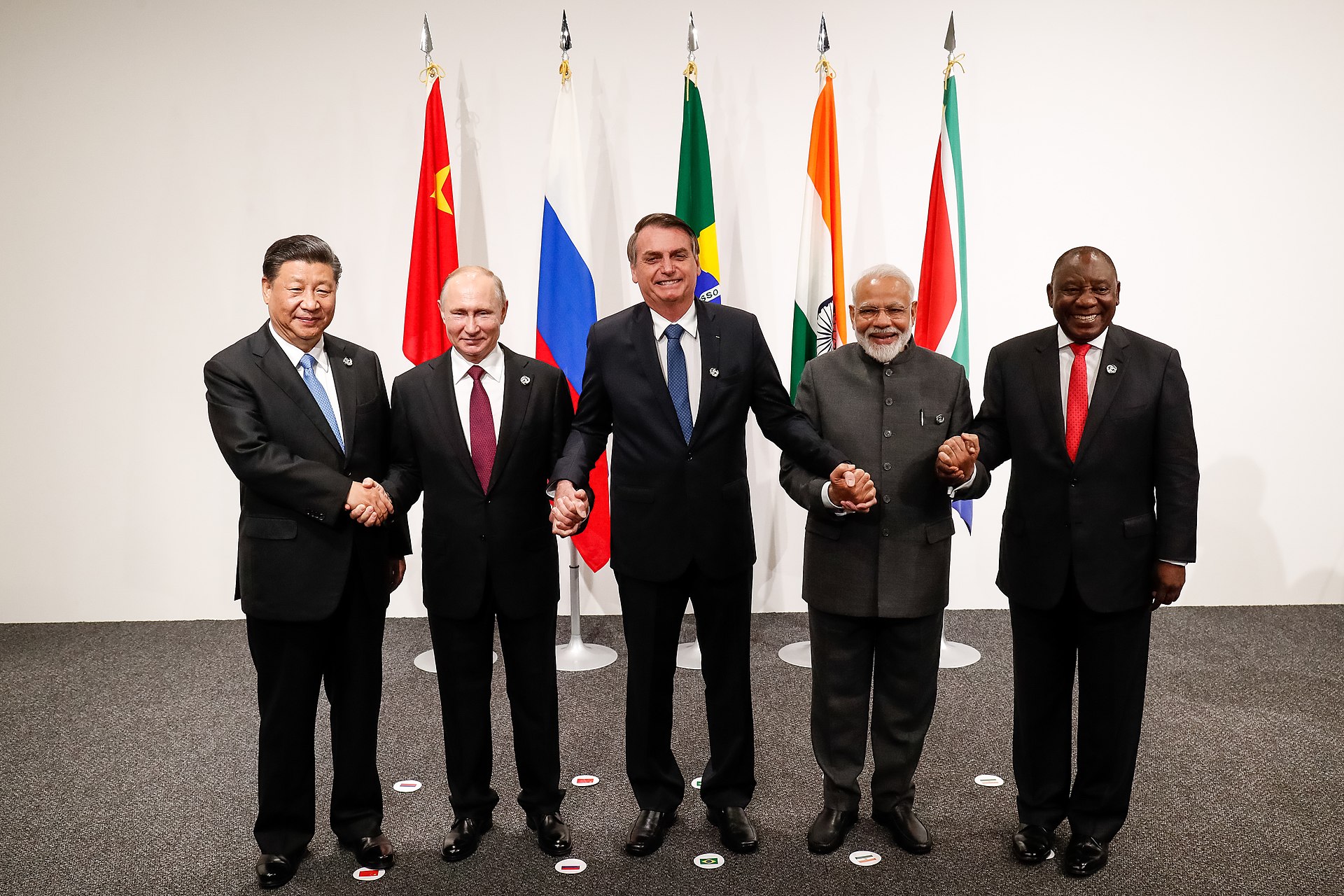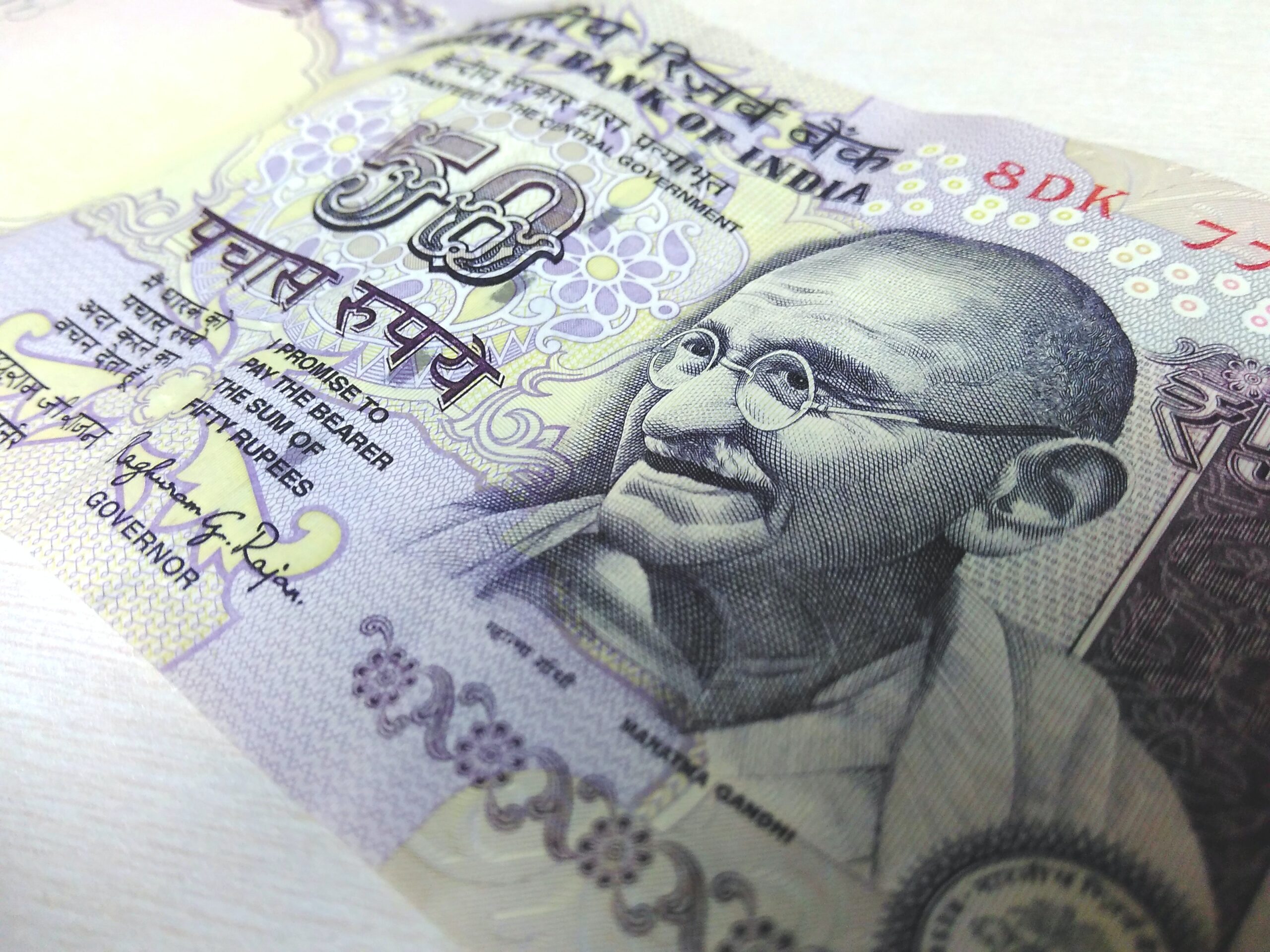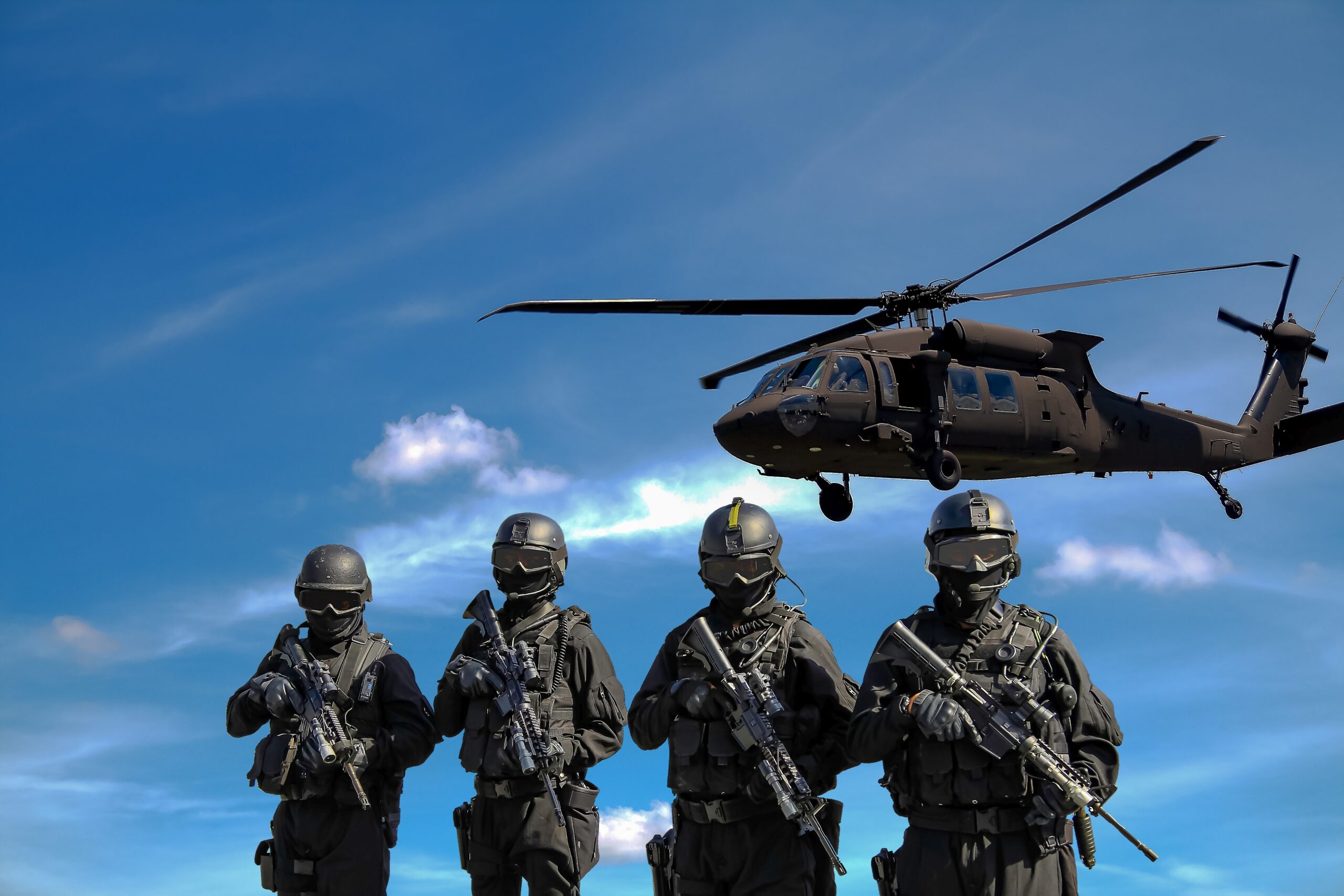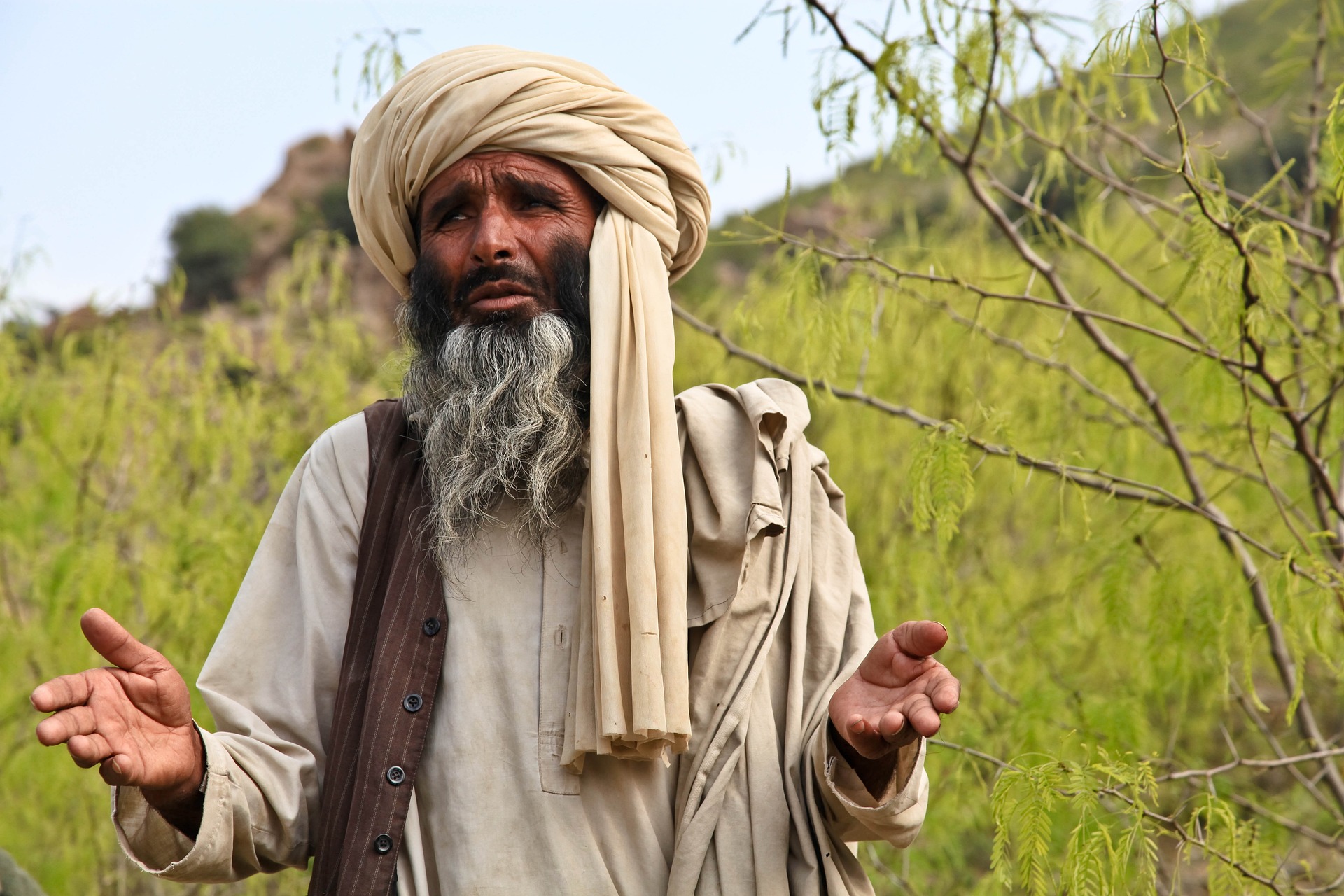- 2018 Road Safety Protests:
- Background: In July 2018, a student protest erupted following the deaths of two students in a road accident in Dhaka. The protests demanded improved road safety measures and stricter traffic regulations.
- Crackdown: The government responded with a heavy-handed approach, deploying police and, allegedly, members of the ruling party’s student wing to disperse the protests. Reports included violence, arrests, and intimidation.
- Outcome: The government made some concessions, such as promising to improve road safety. However, the crackdown also led to criticism from human rights organizations and raised concerns about freedom of expression and the right to protest in Bangladesh.
- Quota Reform Protests 2018:
- Background: Students and job seekers protested against the government’s quota system in public sector jobs, demanding a reduction in the quotas reserved for certain groups.
- Crackdown: Police used tear gas, rubber bullets, and batons to disperse the protesters. Several students were injured, and some were arrested.
- Outcome: The government eventually announced reforms to the quota system, reducing the number of reserved positions. However, the violent response to the protests drew domestic and international criticism.
- 2013 Shahbagh Movement:
- Background: This movement started with demands for capital punishment for war criminals of the 1971 Bangladesh Liberation War. It quickly grew into a larger movement against extremism and secularism.
- Crackdown: There were violent clashes between protesters and counter-protesters, as well as confrontations with the police.
- Outcome: The movement significantly impacted Bangladesh’s political landscape, although it did not achieve all its goals. Some war criminals were sentenced to death, but the broader demands for secularism faced ongoing challenges.
The outcomes of these crackdowns often include a combination of government concessions, suppression of dissent, and broader societal impacts. The use of force against student protesters typically draws criticism from human rights organizations and can lead to increased tensions between the government and civil society.

